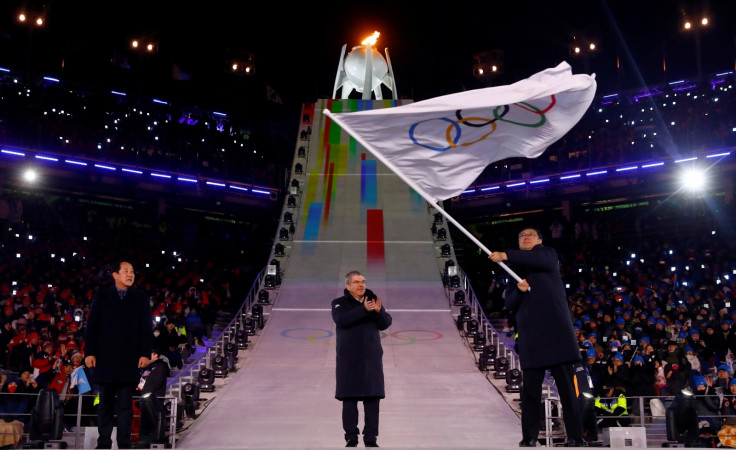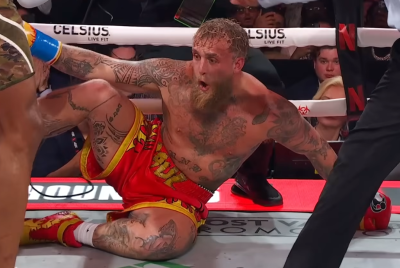Russia says International Olympic Committee has lifted drug cheats ban
Russian Olympic Committee president Alexander Zhukov said the International Olympic Committee (IOC) has "fully restored" its membership.

Russia's Olympic membership has been restored, according to the head of the country's Olympic Committee (ROC).
Russian Olympic Committee president Alexander Zhukov said the governing International Olympic Committee (IOC) had "fully restored" its membership.
He added on Russian state TV: "The Russian Olympic Committee has had its rights fully restored. It's a decision of the utmost importance for us."
The widely expected move comes days after end of the Pyeongchang 2018 Winter Olympics in South Korea, where Russian athletes were forced to compete as neutrals.
Russia was banned from the South Korea Games over evidence of state-sponsored doping at the Sochi Winter Olympics in Russia in 2014.
A team of 168 competed in South Korea as neutral Olympic athletes from Russia, but two failed drugs tests.
Alexander Krushelnitsky claimed bronze in mixed curling but was stripped of his medal after being found guilty of doping while bobsleigher Nadezhda Sergeeva, was banned on Saturday.
Only Russian athletes who had been available for random drug testing over a sustained period of time could compete in Pyeongchang as a neutral, whose team was the third largest at the Games and won 17 medals, including two golds.
Very disappointing
IOC president Thomas Bach said last week the failed tests were "very disappointing" and this had prevented the IOC from considering lifting the ban for the Pyeongchang closing ceremony last Friday (23 February).
However, Bach said: "There is no evidence of systemic doping and no evidence of the involvement of the Russian Olympic Committee in these cases."
The IOC has not officially announced that Russia can return to the Olympic fold - but Nicole Hoevertsz, who led an implementation group that reported back to the governing committee on the behaviour of Russian neutrals during the Games, claimed it was time to move on.
He said: "I believe that we should draw a line. We need to bring this story to an end and look forward. It is never going to be business as usual in sport again or in Russia."
Systematic programme
Russia's cheating in sport was exploded by whistleblower doctor Grigory Rodchenkov, who was head of Russia's anti-doping laboratory during Sochi 2014.
Rodchenkov said the country ran a widespread and systematic programme of doping and claimed he had mixed drugs to enhance athletes' performances and switched urine samples to avoid detection by doping authorities.
The World Anti-Doping Agency employed Canadian sports lawyer Dr Richard McLaren to look into the allegations in May 2016.
The McLaren report said that 1,000 athletes across 30 sports benefited from the doping programme between 2012 and 2015, in its final report in December 2016.






















